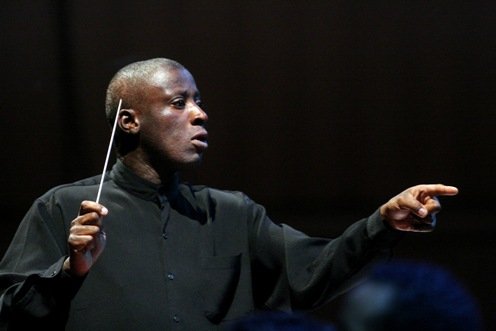After many years of working with and supporting people with Project Manager in their title, something crystallized for me recently. There are three general types of Project Manager (PM).
This observation came about during a conversation with a couple of PMs that I have a lot of time and respect for. We compared notes on PMs we had worked with, and we all agreed on this and the three categories.
So what are they? It helps to think of a bell curve of people with PM in their title.
The (true) Project Manager
 In the middle of the bell curve is the true Project Manager. This individual demonstrates all of the positive stereotypes that one expects of a PM: They are organized, they lead teams well, and they are reliable. They have good relationships with the project sponsor and executive sponsor and are very effective in keeping all decision makers well informed.
In the middle of the bell curve is the true Project Manager. This individual demonstrates all of the positive stereotypes that one expects of a PM: They are organized, they lead teams well, and they are reliable. They have good relationships with the project sponsor and executive sponsor and are very effective in keeping all decision makers well informed.
All of the personal and professional characteristics that are promoted by organizations such as the Project Management Institute (PMI) and sites like projectmanagement.com can be found in these individuals. They are a pleasure to work for because of their consistency, reliability and professional commitment.
Because they fit the PM stereotype so well, as individuals, they tend to be very comfortable in their own skin. That makes them reassuringly confident and therefore clear and direct communicators. And, also because they fit the stereotype so well, they match everyone’s expectations of a PM. And that too is comforting.
However, on either end of the PM bell curve are individuals who do not match those true PM stereotypes and expectations.
The Project Coordinator
On one end of the bell curve are individuals who are very good with the administrative details of a project: They take good notes at project team meetings, they record completed and outstanding tasks correctly, and they track activities and develop reports consistently.
 However, when it comes to providing direction, they are order takers. They don’t give directions as much as read out tasks hoping someone will do them.
However, when it comes to providing direction, they are order takers. They don’t give directions as much as read out tasks hoping someone will do them.
When it comes to decisions, they struggle to make their own, and rarely stick with them when they do. They follow the directive of the most powerful individual who influenced them last.
And when any type of issue or conflict arises, they are either nowhere in sight or are the quietest person in the room. They hope more than manage. They should more accurately be called Project Coordinators.
Now, there is absolutely nothing wrong with good Project Coordinators. On a large, complex program they can be a life saver. However, the problem arises when these individuals are given the title of PM and asked to run a project. Because of their lack of PM ability or willingness to manage a project properly the whole initiative becomes an exercise in frustration.
The Project Leader
On the other end of the PM bell curve are Project Leaders.
 Common wisdom says that Project Managers have lots of responsibility with little authority. Most PMs accept that view. Project Leaders don’t.
Common wisdom says that Project Managers have lots of responsibility with little authority. Most PMs accept that view. Project Leaders don’t.
When it comes to project success, they believe that success is not only possible, but a foregone conclusion! They take personal responsibility for the success of the project even though they control so little within an organization.
Interestingly these individuals are also called Project Manager. Although I have great respect for the position of PM, I find that for these individuals that title seems ill fitting, and somehow too small.
For example, Project Leaders also understand that their personal authority is limitedwhen it comes to controlling outcomes. But they accept that as simply just another project constraint. And so they use their highly developed influence and persuasion skills to still get what the project needs.
When it comes to results, they are incredibly demanding, although not in an authoritarian, tyrannical way. They present their demands in a forceful but calm, confident way that you not meeting them seems illogical, unreasonable, and sometimes downright irresponsible. You’re left with no choice but to meet their requests.
Because they are so demanding (and damned persuasive!) it is very hard work to work with them.
However, for me, they are also incredibly inspiring. For a senior organizational change management leader like myself, I find these Project Leaders a joy to work with. They are kindred spirits. We usually become good friends.
How about you?
It may be worth your while to ask yourself this question: what kind of PM are you, or do you want to become? You may not care, and that’s OK too. But I hope this blog has given you some food for thought in case excelling in project management matters to you.










